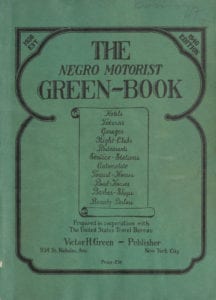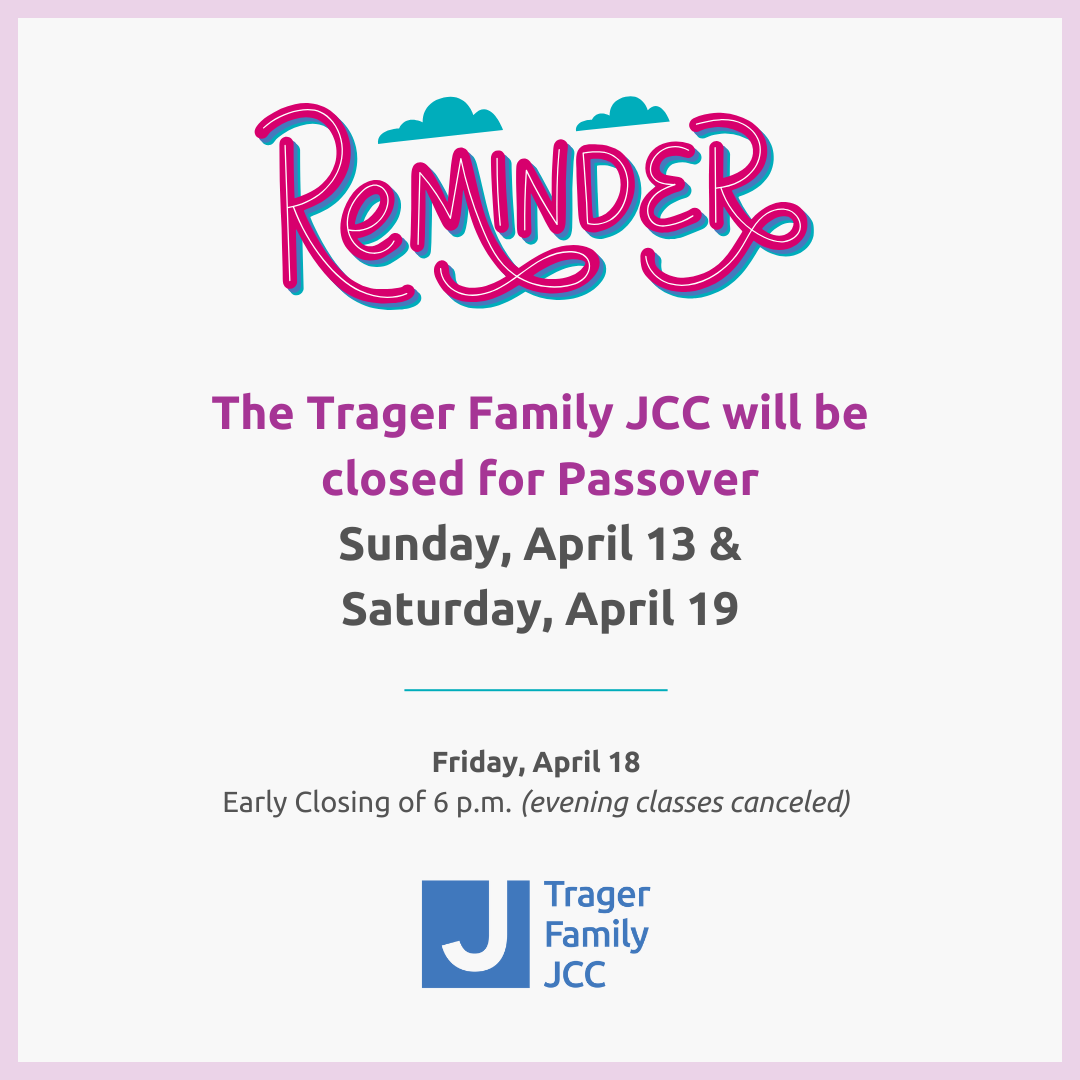
The cover of the 1940 edition of The Green Book, an indispensible guide for black travelers in the Jim Crow South. A play of the same title, telling the stories people, including one Holocaust survivor, who the book brought together, will be staged here in February by the Bunbury-ShPIel Identity Theatre Project.
David Chack knew attacks such as the Kroger and Tree of Life shootings were bound to happen.
He just didn’t know the two latest tragedies would happen within days of each other – one being so close to home – and while he was preparing to stage The Green Book, a play about the systemic racism in the Jim Crow South.
“In the same way that I’m upset when Jews are massacred, I’m upset when black people are massacred,” said Chack, who co-directs the play with Karen Edwards-Hunter. “[But] black people killed at a Krogers, in Louisville now, who knew?”
Written in 2014 by playwright Calvin Ramsey, The Green Book, not to be confused with the movie starring Viggo Mortenson, is about an African-American family that opens its home to two travelers – a young black professional and a Jewish Holocaust survivor – spotlighting the parallels in their lives and the scars left by racism and anti-Semitism in this country.
“I planned to do The Green Book here, like, over a year ago.”
The title of the play is based on The Negro Motorist Green Book, a guide for black travelers in the Jim Crow South that helped them find safe places to get a get a meal or a stay for the night. Published from 1936 to 1967, its author, Victor Hugo Green, got the idea from travel guides for Jews to avoid places that were restricted.
Publisher after publisher refused Green’s manuscript until one – a Jew – took a chance on it.
Green’s guide was indispensable for black travelers at a time when driving through the South, especially after dark, was a dangerous experience.
Ads promoting the upcoming play show just how dangerous. They show signs that travelers of the time would come across at Southern diners and hotels, including this one: “No Coloreds, No Jews, No Dogs.”
The play, which is being produced by Bunbury-ShPIel Identity Theatre Project, a collaborative effort by two performing arts troupes – one local one from Chicago – is its third production with Jewish elements. The first two were Red and A Jewish Joke.
Set in 1956 at the home of the Davises, a black family living in Missouri that is listed in the book, The Green Book’s main characters – Keith, a young black entrepreneur, and Jake, a Holocaust survivor – share their stories, striking remarkable parallels between the black and Jewish experiences of day.
“Keith teaches Jake and Jake teaches Keith,” Chack said. “They learn from each other.”
While he didn’t give away the ending, Chack said the play showcases the common ground blacks and Jews have shared, even in the worst of times.
“We have a cultural and social connection as well,” he said. “We have a political connection; we have worked together for social justice causes, we have worked together for civil rights; we have worked together on issues of discrimination.”
Not everyone, though, is aware of this common ground.
Following a recent performance of the play in Chicago Chack took questions from the audience. One person asked why the experiences of the two characters were being shown side by side in the same production.
The question touched off a free-ranging discussion, he said.
“This is the intersection of Jews and blacks,” he said. “Their stories, their narratives [are] not competing with each other but [are] being seen in parallel to each other.
“This is our story; this is America’s story, and America has to own it.”
The Green Book is making headlines beyond the stage. In March, it will have a staged reading at the Illinois Holocaust Museum & Education Center in Skokie, marking the opening of a new exhibit, “Purchased Lives: The American Slave Trade from 1808 to 1865.”
In a way, the people behind the scenes of the play mirror the story itself. Chack, who is Jewish, co-directs it with Edwards-Hunter, who is black.
“David is there because he wanted to be the person who is the expert in Jewish culture and he wanted me there in as an expert in African-American culture,” Edwards-Hunter said, “so we wouldn’t be too heavy ended in either direction, which means a lot.”
Edwards-Hunter is best known to Jewish Louisville for her work as artistic director of the JACKY (Jewish African American Christian Kentucky Youth) Royale Teen Theatre Company, which ran from 1994 to 2005. Teens from varied backgrounds produced original plays dealing with interracial and interfaith dating, children of divorced parents and sexual identity.
“Anything they felt comfortable to explore, that’s what they wrote about,” she said.
This latest project, Edwards-Hunter said, is timely in light of the shootings and the national climate, but for her, it also is deeply personal.
She knew the man shot at the Stonybrook Kroger, Maurice E. Stallard, and she went to high school with his wife. She even knows people who were related to victims of the Pittsburgh shootings.
“So it hit me from both directions,” she said. “It made it crystal clear to me that racism is not dead, it is raising its ugly head and it’s getting worse.”
Want to go?
The Green Book will run in Louisville at Bunbury Theatre at The Henry Clay, 604 S. 3rd St., from February 8 to 24. For tickets, visit bunburytheatre.org or call 502-585-5306.



